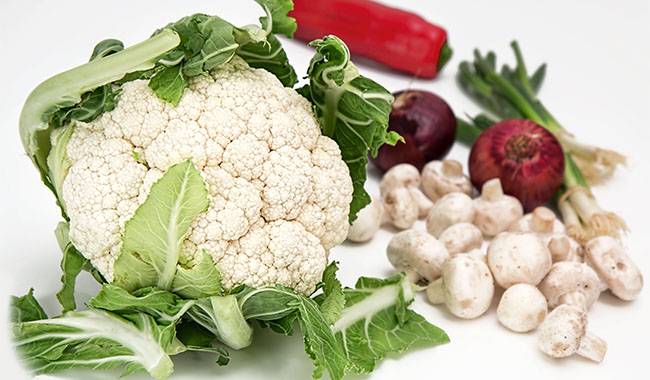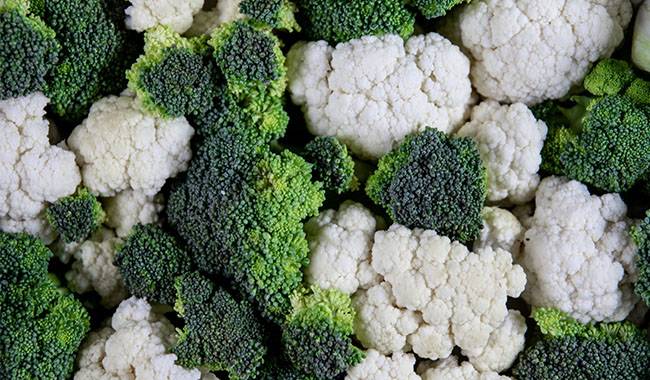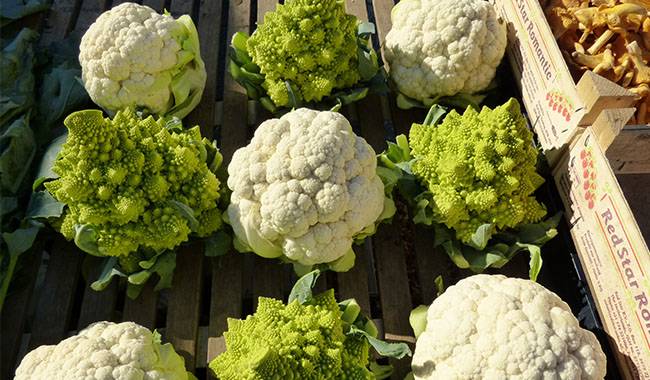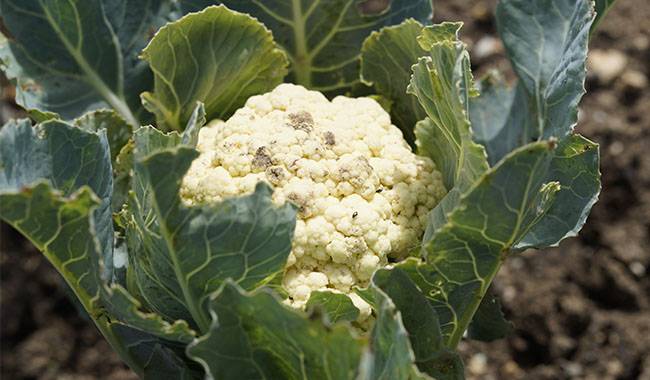
Companion planting can be defined as mutualistic planting based on different species because they enhance each other’s growth or provide some form of pest protection or another advantage.
Sometimes it is a matter of selecting plants with different growth habits that do not compete with each other or plants that have different nutrient requirements to use the soil efficiently.
Strategic companion planting is especially important in small gardens or where space needs to be carefully planned.
Cauliflower companion plants repel garden pests and attract beneficial insects, while broccoli (kale) is a member of the cabbage family, along with cauliflower, clinging kale, and collard greens.
It is an excellent plant because it is not only all vegetables.
WHAT IS BROCCOLI?
Broccoli (kale) is a member of the cabbage family, along with cauliflower, hugger kale, and collard greens.
It is an excellent plant because not only is it one of the most nutritious of all vegetables, but it is easy to maintain and not cumbersome.
Cauliflower is a cool vegetable that takes only six to eight weeks to fully mature and can then be removed to make room for late summer or fall crops.
In areas where frost comes late, you can sow the fall crop again.
Broccoli does not like temperatures above 75°F (24°C), so midsummer is not the best time for the broccoli.
Although it prefers full sun, broccoli is one of the few vegetables that can produce properly in partial shade.
And its soil needs are fairly low-key: it does well in sandy and clay-rich soils and everything in between.
All in all, broccoli is one of the more adaptable vegetables you can grow.
TIPS
Broccoli doesn’t mind having most other vegetables as close neighbors, and it rarely gets in the way of other growth.
The exceptions are plants that need very heavy calcium because broccoli consumes a lot of calcium from the soil (one of the things that makes broccoli a good healthy food).
Broccoli growers may want to consider bone meal or another calcium-rich soil amendment that is growing broccoli.
Potatoes have a negative impact on many vegetables, but not broccoli, which does not seem to be affected by proximity to potatoes.
In general, it is best to mix broccoli with plants that do not require much space and are most robust in late spring and early summer.
Plants that fit into this category include loose-leaf lettuce, spinach, Swiss chard, and radishes.
Other than that, the list of good neighbors for broccoli is a big one. (Note: These suggestions also apply to Brussels sprouts, a close relative of broccoli.)
PLANTS THAT HELP BROCCOLI GROW BETTER
Some plants that really help improve the flavor of broccoli when grown nearby are
Celery
Potatoes
Onions
Other aromatic plants that help repel common garden pests that feed on broccoli are.
Dill
Rosemary
Basil
Mint
Garlic
Thyme
Since broccoli is a notorious calcium pig, plants that require very little calcium are good companions.
Beets
Nasturtiums
Marigolds
Although the reasons are not entirely clear, some other plants that broccoli seems to enjoy as neighbors include
Cucumber
Lettuce
Radish
Spinach
Swiss chard
Green onions
PLANTS TO AVOID CLOSE TO BROCCOLI
Some plants have a reputation for having a significant negative impact on the growth and flavor of cauliflower.
For example, legumes tend to fix nitrogen in the soil, which is tolerable for broccoli. A fairly short list of plants to avoid in the vicinity of broccoli includes
Tomatoes
Eggplant
Peppers
Mustard greens
Beans
Lima beans
Biting beans
Cactus
Strawberries
Some larger plants are also not suitable for growing near broccoli, which is also a heavy feeder. For this reason, avoid these plants that will compete for nutrients.
Asparagus
Cantaloupe
Sweet corn
Pumpkin
Watermelon







